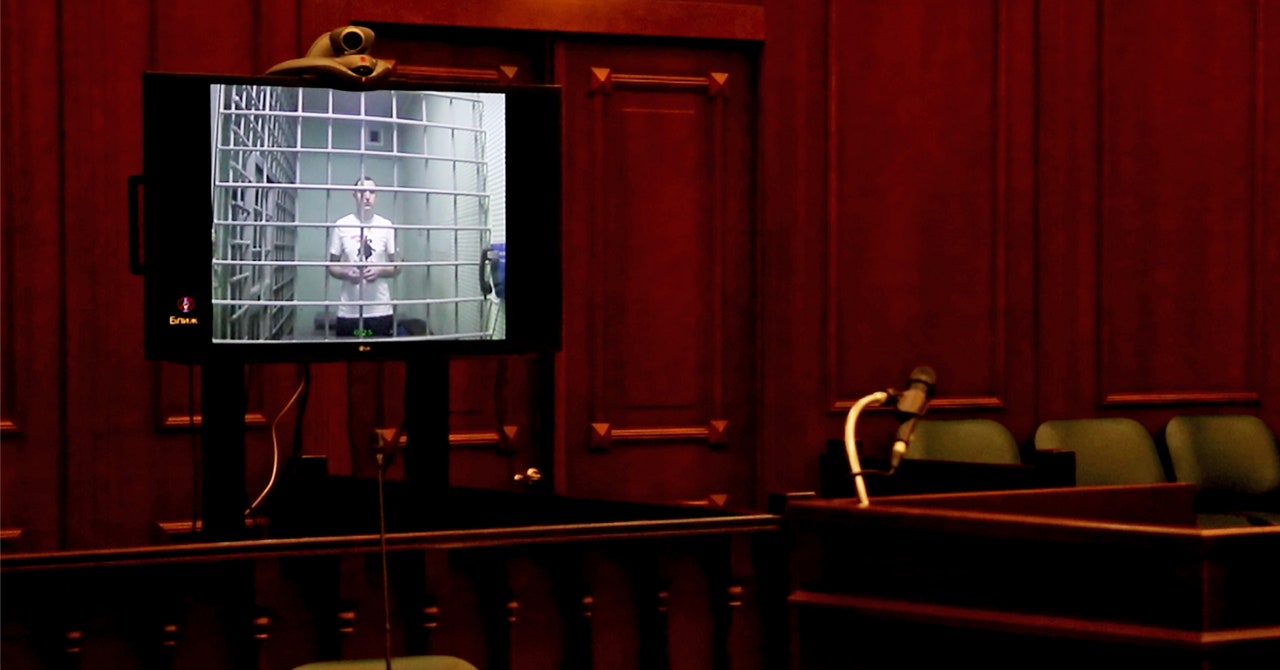The Covid-19 crisis closed local, state, and federal courtrooms, put trials on hold, and delayed justice. Now courts are evaluating how to resume operations in a world where social distancing and limited contact are the new norm. The reopening process is not just vital for our constitutional rights, but necessary to begin to address stark racial disparities that have become all the more apparent through the pandemic and recent reckoning on police violence and systemic inequities. Before courts return to “business as usual,” it’s important to remember that the system in place before the pandemic was in many ways inequitable, inefficient, and in serious need of a 21st century upgrade. Failure of technological imagination is no longer an excuse.
WIRED OPINION
ABOUT
Lucy Lang (@LucyLangNYC) is the Director of the Institute for Innovation in Prosecution and a former Assistant District Attorney in Manhattan, where she investigated and prosecuted domestic violence and homicides. Lucy writes and speaks widely on prosecution and criminal legal reform, and teaches those issues in New York State prisons.
While the pandemic didn’t create unjust criminal justice conditions, it did better expose them. Unhygienic and crowded jail and prison conditions, for example, subjected communities of color—already disproportionately incarcerated—to disproportionately high rates of Covid. Now, justice system leaders have an opportunity to address this by embracing technology that will make investigations and prosecutions more efficient and accessible. Some have already started this process. During the pandemic, courts have conducted all manner of remote proceedings in which interested parties, including press and the public, are afforded legally protected and appropriate access. Legal processes like filing motions were increasingly done electronically, saving huge time and expense for lawyers’ fees. Detectives, prosecutors, and crime survivors appeared virtually before judges to obtain search warrants and protection orders, allowing more rapid response and significant savings. At least 16 states used Zoom to conduct bail, evidentiary, and other pre-trial hearings. Federal legislation authorized district court judges to allow video or teleconference in some criminal proceedings, including guilty pleas and sentencing. Both Florida and Texas have conducted civil and criminal trials on Zoom. Other states and municipalities are exploring less tech-driven but equally creative means to ensure that constitutional rights are protected: In Read More

